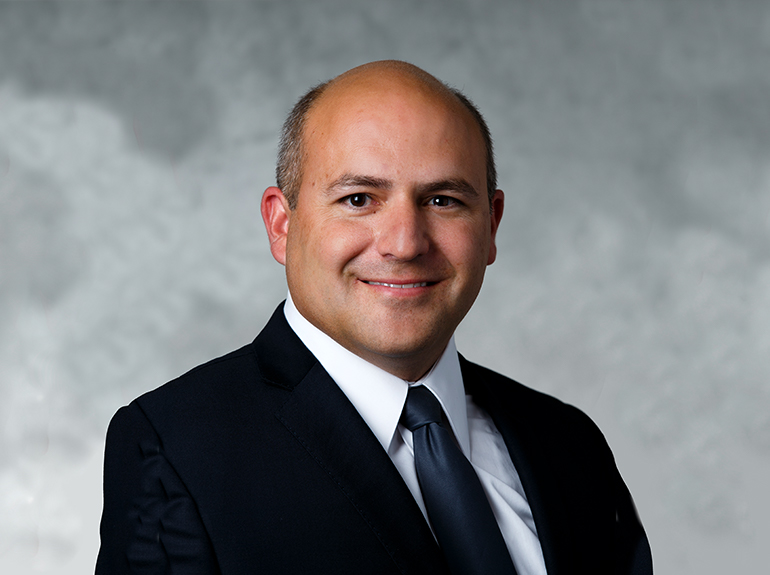
Dr. Juli Kroll
Dr. Kroll teaches courses in Spanish language, grammar and composition, Latin American cultures and civilization, Hispanic literature, and Hispanic and world cinema. She has led multiple study abroad courses to both Cuernavaca and Mérida, Mexico, which gels well with her research interest in contemporary Mexican literature and film.




